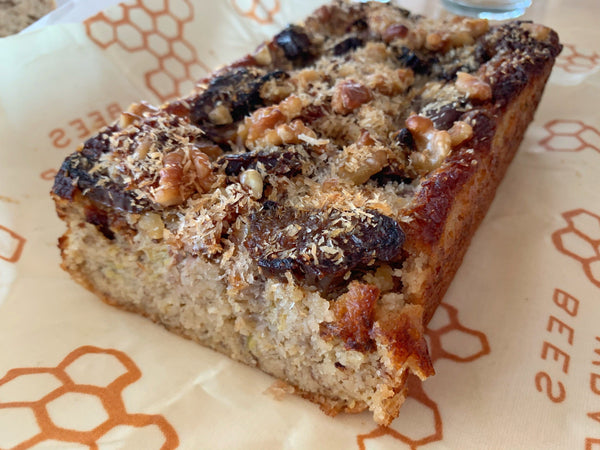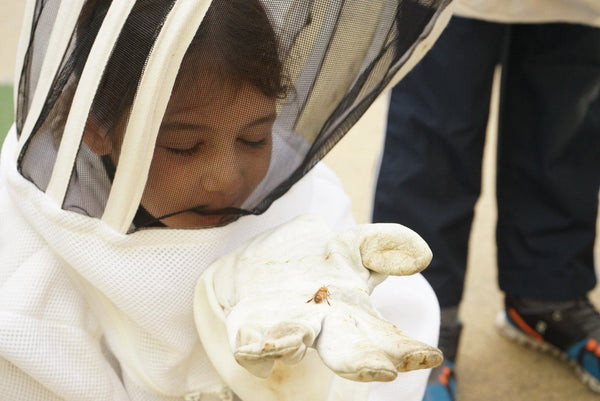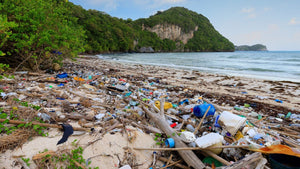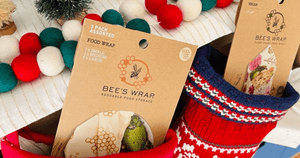The plight of the pollinators

We can't overstate the importance of pollinators for our ecosystem and our food chain. Our way of life, our agriculture, and our planet's health depend on pollinators — and increasingly, pollinators depend on us to protect them in the face of mounting environmental challenges.
Pollinators like bees, bats, butterflies, and other small mammals are the matchmakers for flowering plants, carrying pollen between plants. The results of their labors are countless fruits, vegetables, nuts, oils, fibers, and raw materials. About one in every three bites of food we eat is brought to us by pollinators, and scientists estimate that anywhere between 75 and 95 percent of all flowering plants on earth need some help with pollination.
Without these helpers, our ecosystem as we know it would cease to exist. And sadly, we know that pollinators are in trouble. These vital populations are endangered by declining feeding and nesting habitats, changing climates, and pressures from pollution, chemicals and pesticides, and disease.

At Bee's Wrap, we work hard to protect our pollinators in a few ways. First, we source our beeswax from responsible beekeepers tending healthy hives. We carefully evaluate beekeeping operations for environmental impact, a healthy bee environment, and a quality end product. The evaluation considers forage quality, use of pesticides and medications, and feeding and harvesting practices. We also evaluate hive construction, human intervention of natural bee cycles, and filtering processes.

Our beeswax is never chemically altered or bleached, and is tested by the USDA for 200 pesticides and herbicides, ensuring the use of the cleanest possible wax. The beekeepers with whom we work are on the front lines of supporting a healthy, vibrant pollinator population, and we're proud to use this incredible ingredient in our wraps.
We're also proud supporters of The Bee Cause, a nonprofit that supports honeybees by placing observation hives in schools around the country. The Bee Cause empowers kids and teachers to understand and learn from honey bees and their natural environment. We sponsored our first hive for the North Branch School in Ripton, Vt., last year, and have another hive going into a local elementary school later this spring.
And finally, we love helping our customers help the bees, too. That's why we're tucking a free packet of "bee feed" — a mix of wildflower seeds — into every order this month. Bee feed includes a blend of annual and perennial flours that bees love, providing nectar and pollen for wild bees, honeybees, and other pollinators. We hope that your gardens and lawns will soon be home to the happy buzz of bees doing the work of pollination.








